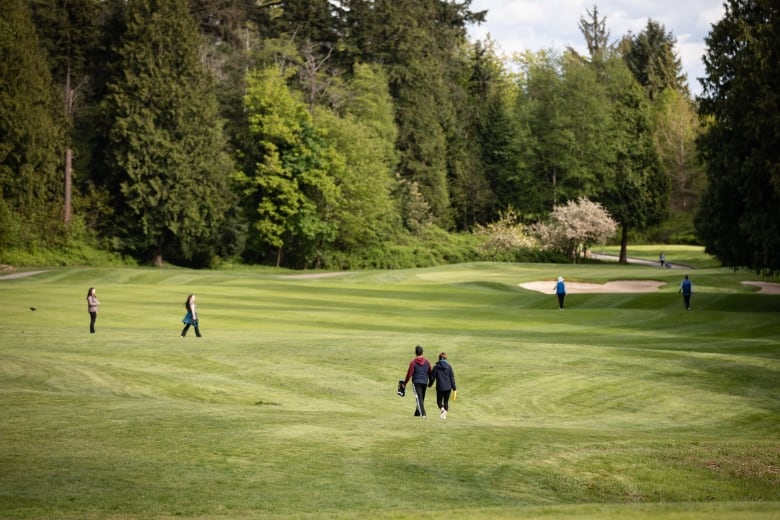B.C. to relax COVID-19 rules later than most other provinces — but it had fewer to begin with
Premier John Horgan expected to reveal next phase of pandemic strategy on Wednesday

For much of the COVID-19 pandemic, B.C. has been a bit of an outlier — and is likely to remain so.
The province is set this week to announce its strategy and timeline for easing restrictions put in place to combat COVID-19. But much like its strategy over the past two months in containing outbreaks and limiting freedoms, B.C.'s strategy for opening up the province will differ from much of Canada.
First, nothing will "reopen" this week: Premier John Horgan is expected to outline the broad strokes of B.C.'s plan on Wednesday, but it won't be until the middle of the month before things take effect. And, rather than delivering a long list of which stores should open, the province will instead give guidelines to industries that may have voluntarily closed over the past two months.
That's despite British Columbia having a lower hospitalization rate than Alberta, Ontario or Quebec, all of which have already announced reopening plans.
While some guidelines for individuals are expected to be issued — specifics on how many people can attend a dinner party are being discussed, for example — the focus will be on giving people broad rules for how they can safely practise a "new normal", as Health Minister Adrian Dix as put it, until a vaccine is found.
All the while, the province's emergency powers will allow it to continue shutting down any business that fails to operate in a safe manner.
However, because B.C. shut down relatively few activities to begin with — except for eating in restaurants, personal service providers like hairdressers or nail salons, and activities where more than 50 people are in the same area — the province has fewer things to reopen than many other parts of the country.

Still weeks away
Waiting an extra few weeks to begin reopening will provide the province greater confidence in avoiding an immediate relapse, epidemiology experts say.
"Different provinces are taking different approaches because there is no textbook for what we're going through," said Mohsen Sadatsafavi, a University of British Columbia professor specializing in disease modelling and projection.
"But we probably need to buy more time, because every day and every week that goes on, our models have more data to crunch to provide predictions on, and those intervals become narrower and narrower.
"And once they are narrow enough that both ends of the interval — either the pessimistic prediction and optimistic predictions are in the same neighbourhood — then you can have a mitigation policy."
Education over enforcement
The government's plan fits with its broad strategy throughout the pandemic of encouragement and education over enforcement.
The province continues to trend on the right path, says Daniel Coombs, a UBC mathematics professor who has been working with the provincial government in developing its projections.
B.C. has the fewest per capita deaths of any U.S. state or Canadian province with more than five million people.
However, the province will likely continue having isolated outbreaks — similar to those at the Mission Institution and three Lower Mainland poultry plants — for some time to come.
"The key to continuing that good downward suppression is ... having the conditions to keep community transmission from popping back up again right," Coombs said.
The government has estimated that while contacts in B.C. are around 30 per cent of "normal", they could increase by up to 60 per cent by the end of May without causing a resurgence of the virus.
Government officials have told CBC News its strategy continues to be predicated on ensuring that any easing of restrictions keeps the province at below a 60 per cent contact level.
It's why Coombs says community transmission can remain low as some activities open back up — but people need to continue to use common sense around physical distancing and proper hygiene.
"Let's keep skirting around each other in the grocery store," he said.
"Let's do all those little things that we can to try to cut out a few transmissions here and there. They're all valuable, and that will allow other things potentially to open up which may be more important."
With files from Tanya Fletcher